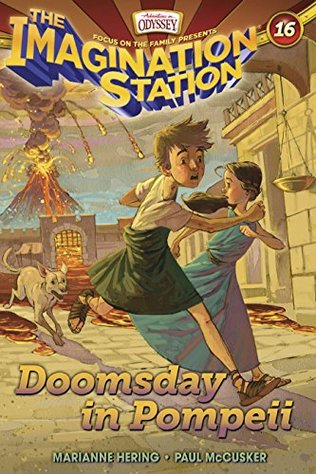 Interview by Brock Eastman Featuring Doomsday in Pompeii Life in AD 79 is heating up! “The volcano is going to blow up,” Patrick said. “Everyone left in the city will die!” After lightning strikes Whit’s End, Patrick’s trip in the Imagination Station goes haywire. At the workshop, Eugene Meltsner and Beth work to fix the machine. They discover that Patrick has landed in the wrong place at definitely the wrong time. He has only hours to get away before Mount Vesuvius erupts. Meanwhile, Patrick befriends a preacher named Valen. Together they try to help the local people escape certain death. But a troublesome teen wants to keep Patrick in the city at any cost. A “new” invention launches Beth into Pompeii—just as the volcano explodes. Read on to find out if she and Patrick avert disaster! “The books are really awesome. I hope they write a thousand more! I’m totally going to read these to my son when I’m a dad. I want to read these books a thousand million infinity times.” -Hamish Z. age 6 Brock: How did you come up with the idea for this series? Marianne: My son, Justin, was a struggling reader when he was younger. He also preferred reading for information. I wanted to create easy-to-read history books with lots of adventure in order to capture his attention. Because I worked at Focus on the Family at the time, it seemed natural to put the books into the Odyssey world. The Imagination Station was the perfect way to do that. Coauthor Paul McCusker was also in favor is reaching a younger audience with the Imagination Station books. Brock: Tell us about the main characters? Who are they, what makes them unique. Marianne: The main characters are Patrick and Beth, cousins who live in Odyssey. So far we’ve never given them last names. They are 9ish. We try not to say their ages too often because we want readers to imagine that the cousins are about their age. Beth and Patrick are courageous but not foolhardy. They are basically good, honest kids. Beth pays more attention at school, but if Patrick is interested in something, he knows a lot about that subject. Their names were taken from the middles names of Paul McCusker’s children, which was fine because the names have short vowels and are easy to sound out. If his kids’ middle names had be Jacques or Kjerstin, we would probably have gone a different route. Brock: Give us one fact about each main character that no one else knows. Marianne: Patrick rarely changes his socks. Beth really prefers to eat Pop Tarts, but to be kind to Mr. Whittaker, she orders food at the soda shop. Brock: In three words, what is this book about? Marianne: Mt. Vesuvius goes boom! Brock: Do you outline the entire book before starting, or do you write as you go and let the characters take control of the story? Marianne: We outline. This outline was about 7,000 words. The book is 12,000 words. Brock: How do you believe this story relates to the lives of readers? Marianne: These books appeal to kids on a general level. The experiences Patrick and Beth have can in no way be replicated. Our readers may make it to Pompeii, but hopefully it won’t be while the volcano is active. Readers relate to Patrick and Beth because the cousins often must persevere under stress and also get adults to listen to them. Patrick and Beth overcome their trials, giving readers hope and confidence that they too can be successful. Brock: What is your favorite genre to write for? Marianne: Anything where I can develop a strong literary voice. Brock: What is the biblical background or basis for the series? Marianne: Some books have more biblical content—like book 5 by a really awesome coauthor. It’s called Showdown with the Shepherd. In that story, Patrick and Beth witness the confrontation between David and Goliath. In Doomsday in Pompeii, we created a church and a very brave preacher named Valen. He’s a great role model because he is a loving person willing to die for his friends. We also taught kids to avoid greed. The character Junius almost dies because he wants to accumulate treasure. Brock: How many books are planned for this series? Marianne: At least through 18. Brock: Any certain research required for the book, or is it all from your imagination? Marianne: I do extensive research before and during the writing process. Brock: How do you strike the right balance in your book? Marianne: I’m not sure we always strike the best balance, but these books are easier to write than most because I get to choose the place in history that I want to send them. We err on the side of action if we have to chose. We’re short on character development because the historical figures are more important than the main characters. Patrick and Beth at some times are mere narrators. Brock: Why did you choose to focus on a male/female protagonist? Our protagonists are historical, for the most part. Sometimes nature is our protagonist, as I the case of Mt. Vesuvius. Brock: Are you working on the next book in the series? Marianne: Yes. Brock: Can you give us a hint at the next book in the series? Marianne: Ecuador, 1950s. We’d like to visit the Aucas, the famous tribe who became Christians after the tragic deaths of five missionaries. Brock: Do you plot or outline the entire series before you begin writing, or do your books take on lives of their own? Or is there a combination? Marianne: We plot out the books in 3-book story arcs. Brock: If your book changed as you wrote it, how is it different than how you originally planned? Marianne: Usually my coauthor/creative director adds more action. Brock: Were any scenes or characters cut from the book? Can you give an example? Marianne: At one point in Doomsday in Pompeii Beth was going to make a gas mask out of charcoal and some bandanas. It was going to help filter out the poisonous gases from the volcano. But we had to cut that for space. Brock: How much leeway do you gives yourself with facts in a Historical Genre? Marianne: I try to give myself no leeway, but you always have to make compromises. For example, Patrick and Beth would have died from the fumes of the volcano long before the lava reached the city. We thought it would be more exciting to have them run from lava. I love the cover, too. So we fudged those facts and have Patrick and Beth live a lot longer than they should have. Brock: How do you hope parents will use this book with their kids? Marianne: Parents would benefit from reading the books with their kids and asking questions about why characters did certain things. Also, after reading this book, it would be fun to read more nonfiction books about volcano eruptions. Brock: What do you hope kids take away from this book or series? Marianne: That there are Christians who influence history and that learning can be fun. Brock: Where do you like to write? Marianne: On a computer. That quill and ink thing slows you down. Not good with charcoal on cave walls either. No matter how large the cave is, there’s never enough wall space. Brock: Are you a full-time or part-time author/writer? Marianne: Part time. I edit, too. Brock: How long does it usually take you to write a single book? Marianne: An IS book takes 6 weeks, working 4 to 5 hours a day. Brock: Expound on the spiritual themes in the book/series. Marianne: Our theme usually centers on God and how great He is and how He works through history. In this book, we focus more on how a mature Christian should act in face of a disaster. Brock: When did you realize you wanted to become a writer? Marianne: About a year ago when I was editing a poorly written book. I thought, “I can do better than this.” And so now I prefer to write to save the sanity of other editors. Brock: What are some of the strongest influences on your writing? Marianne: Good reading. I love to read books with well-crafted sentences. I learn by absorbing the rhythm and sound of words and phrases. The more good writing that goes into my soul, the more easy it is to produce it. Brock: What’s your view on e-books and the new publishing revolution? Marianne: Revolution? That’s a bit dramatic. I’m pro book. Read them whenever and however you can. Brock: What was your favorite book as a teen or child? Marianne: When I was young, I read every book about horse and dogs I could. I loved Sounder, the Black Stallion, and even Little Black, a Pony. Brock: What is the one author, living or dead, who you would co-write a book with and why? Marianne: I like to think all of my books, to some extent, are influenced by the Holy Spirit and the Word of God. I actually dislike co-writing with humans, but sometimes you gotta do what you gotta do. Brock: Coke or Pepsi? Coke. Brock: Soft shell or hard shell tacos? Marianne: Soft for chicken. Hard for beef. Brock: Favorite place to vacation? Marianne: Vacation? What’s a vacation? Brock: Favorite season? Marianne: Summer Brock: Do you have a particular drink or food you consume when you write? Like coco, raspberry tea, animal crackers? Marianne: Coffee with coconut milk. Brock: Favorite color? Marianne: Red Brock: Do you have a favorite Bible verse? The heart is deceitfully wicked above all things. Who can know it? Jeremiah 17:9 That’s a good verse for writing about villains. I used to be too nice and didn’t my villians evil. Now I realize that God can handle them. I also remember this so I don’t ever think I’ve arrived at some spiritual place just because I’ve been published. Often I don’t feel as if my books are all that deep, so I just focus on what God does, and it all works out. Brock: Favorite pasta dish? Marianne: Ice cream. Brock: Do you listen to music while you write? If so what are some examples? Marianne: I need quite. I don’t understand people who can work to music. That would drive me nuts. Brock: What about writing keeps you going? Marianne: It’s something I never tired of. If I get an idea or a new interest, I immediately think about how to parley that into a book. 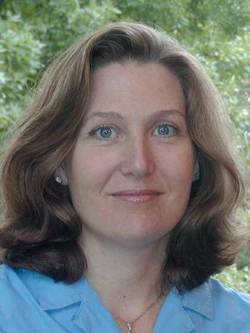 Author Website: none yet Author Facebook: Marianne Hering, but I rarely post Author Twitter: none Author Pinterest: none
0 Comments
Leave a Reply. |
Follow meArchives
May 2024
Categories
All
|
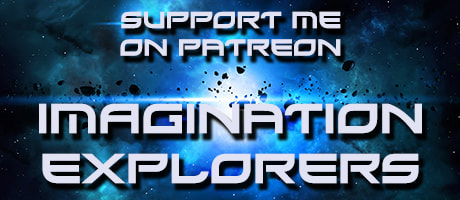
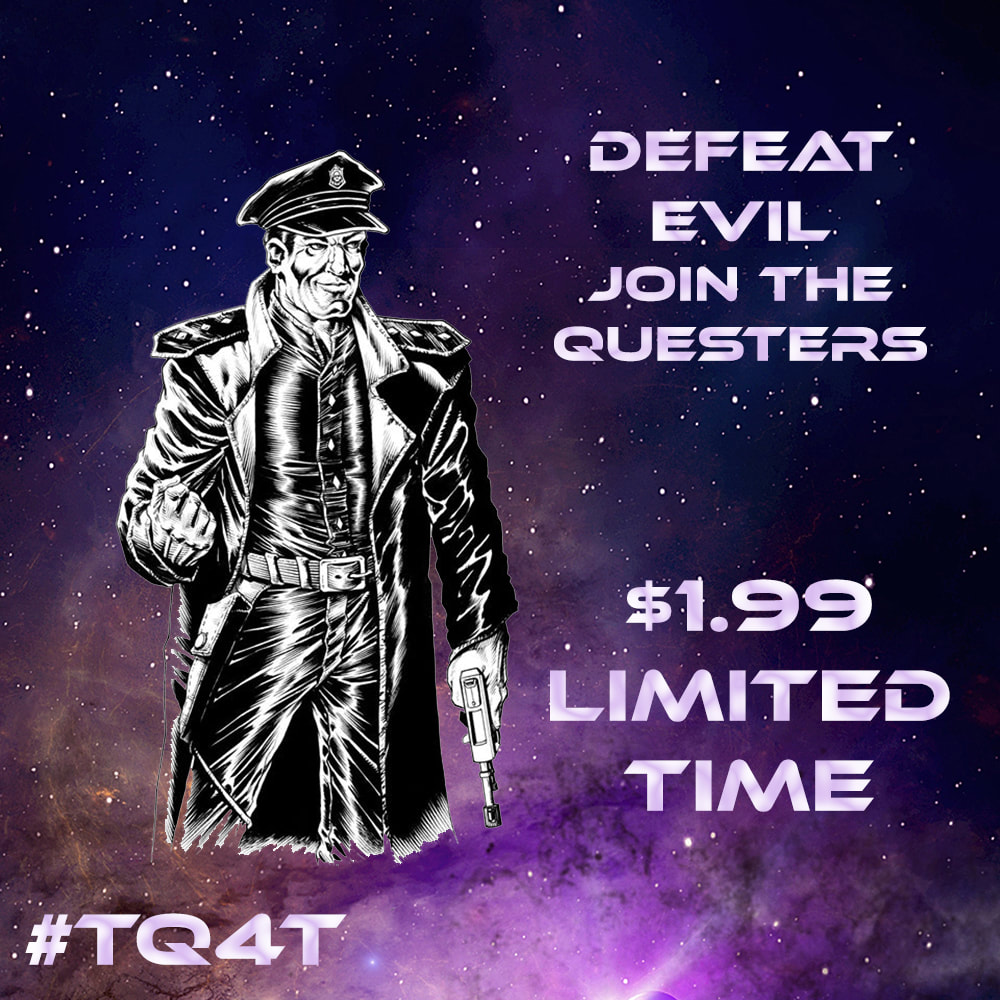
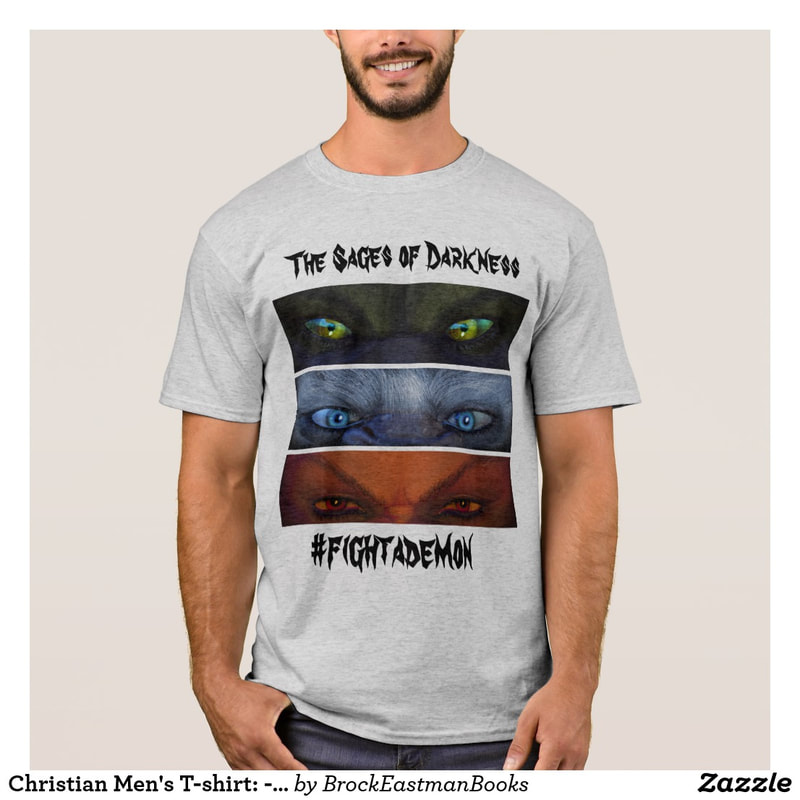

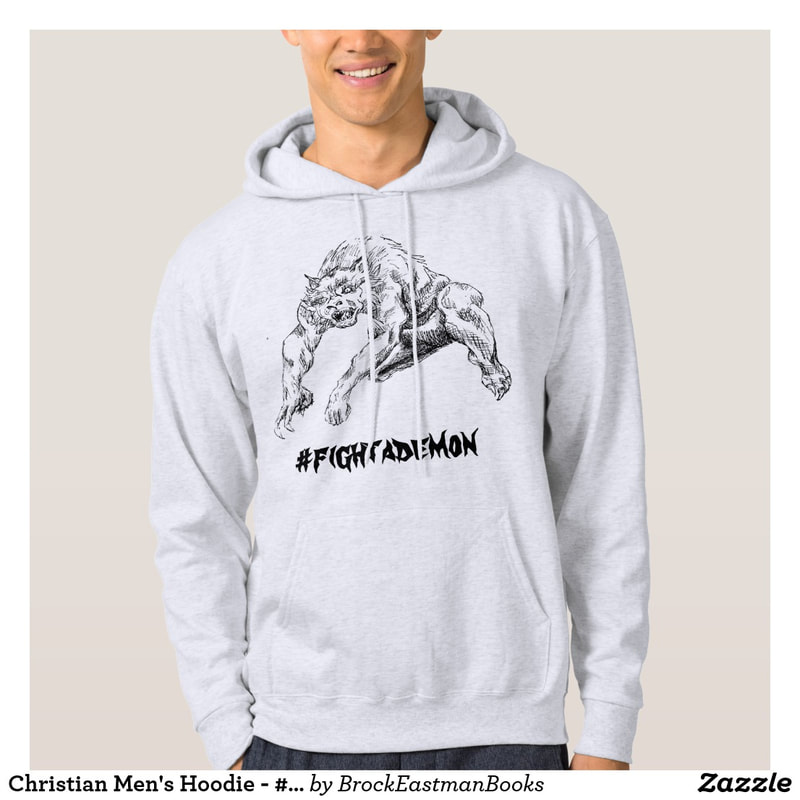
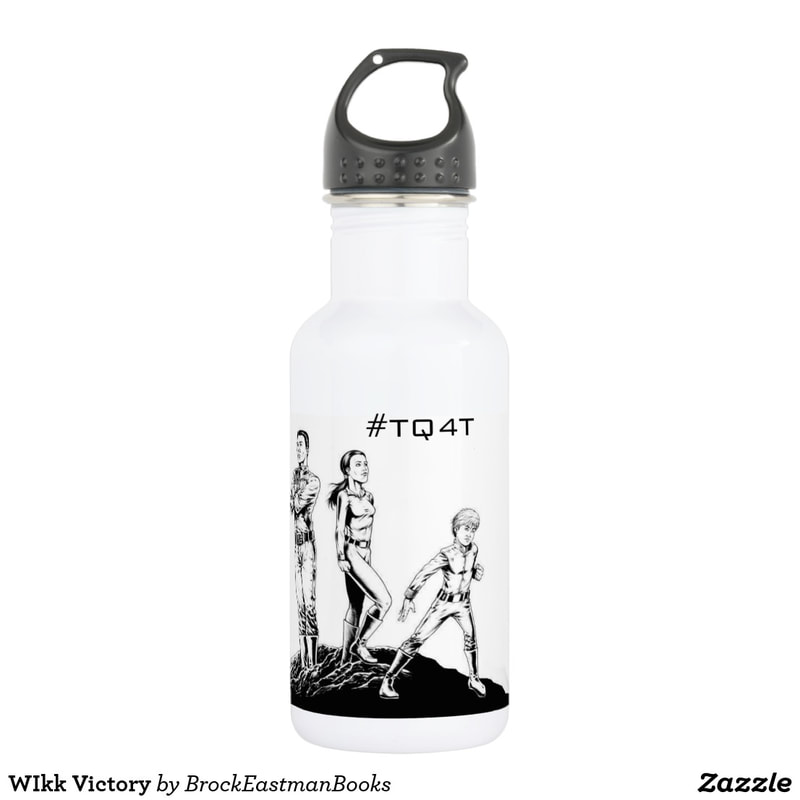
 RSS Feed
RSS Feed